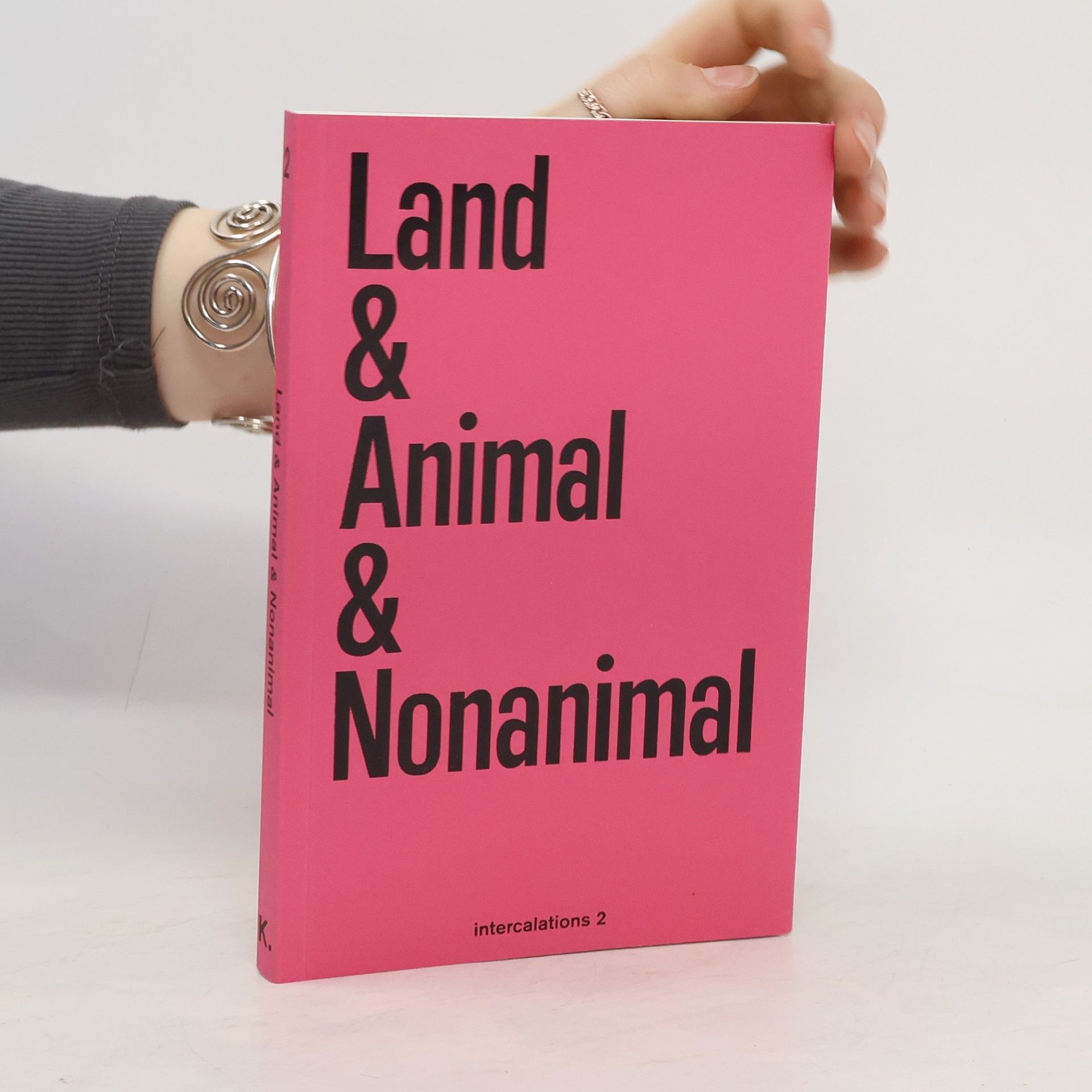Land & Animal & Nonanimal turns the attention from the built space of cultural repositories to the postnatural landscapes of planet Earth. In his interview about urban soils of the Anthropocene, landscape architect Seth Denizen considers a history of land use practices that is also reflected in artist Robert Zhao Renhui’s photographs of Singapore as a scenario of continuous development. Inspired by a recent visit to the environment of Wendover in the Utah desert, Richard Pell and Lauren Allen of Pittsburgh’s Center for PostNatural History make a case for a postnatural imprint upon the geologic aspects inherent in the concept of the Anthropocene. By encountering “the last snail,” environmental historicist and philosopher Thom van Dooren considers the meaning of hope and care in the context of species extinction. And while curator Natasha Ginwala’s paginated series with contributions by Bianca Baldi, Arvo Leo, Axel Staschnoy, and Karthik Pandian & Andros Zins-Browne turns to cosmological and ancestral human-animal scenarios, sound artist and researcher Mitchell Akiyama explores philosophies of consciousness against the background of the phonogram in nineteenth-century simian research.
Anna Sophie Springer Book order (chronological)
